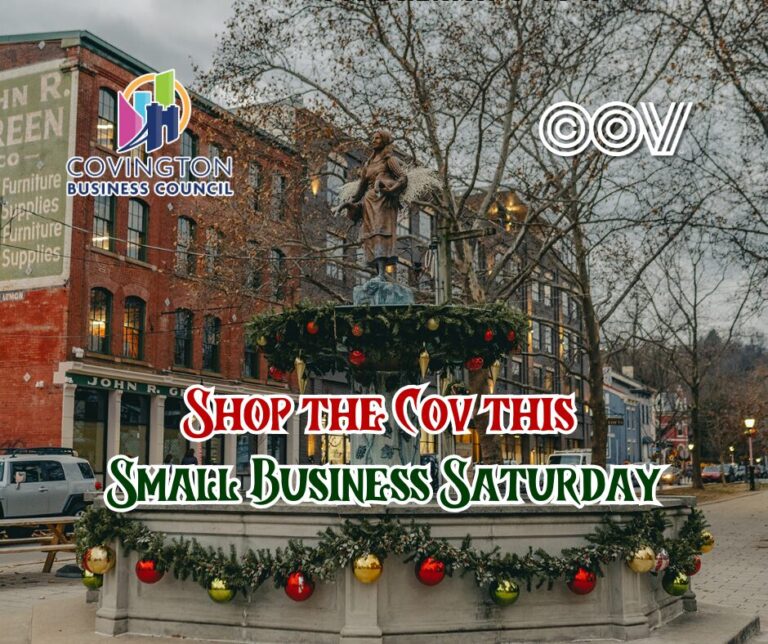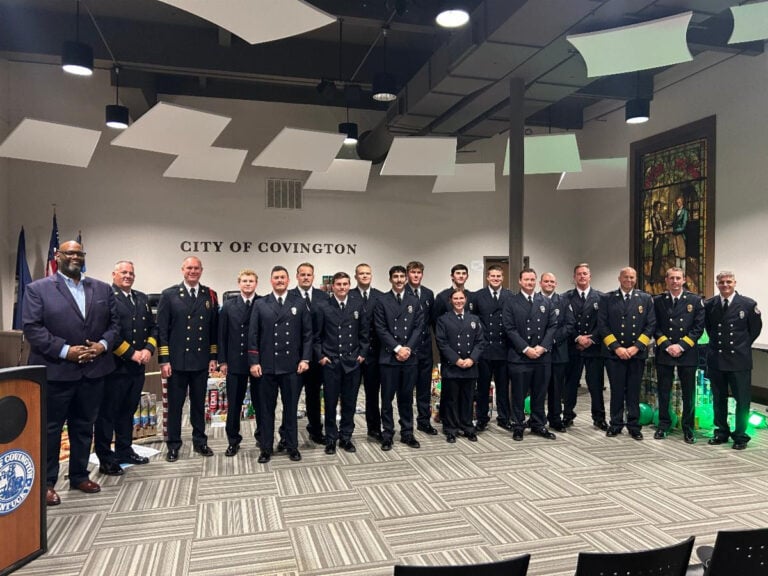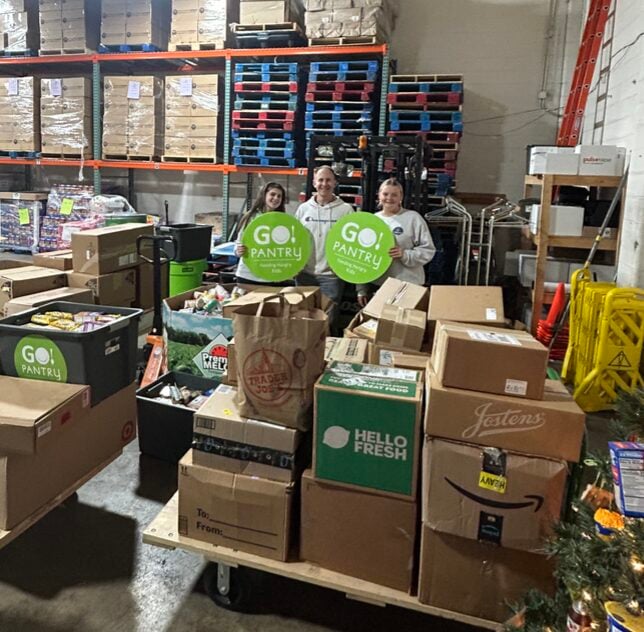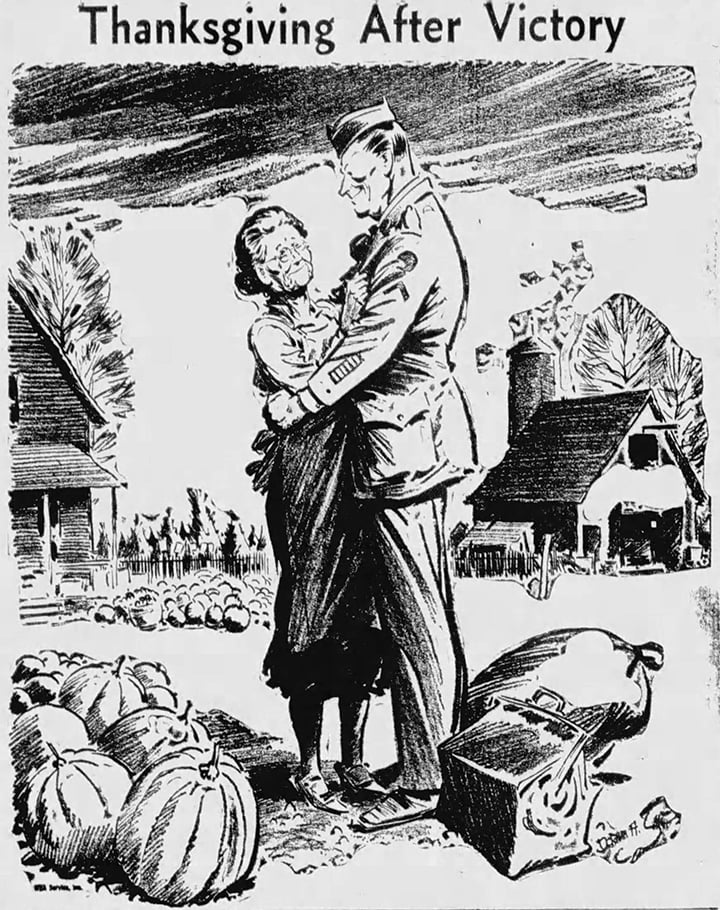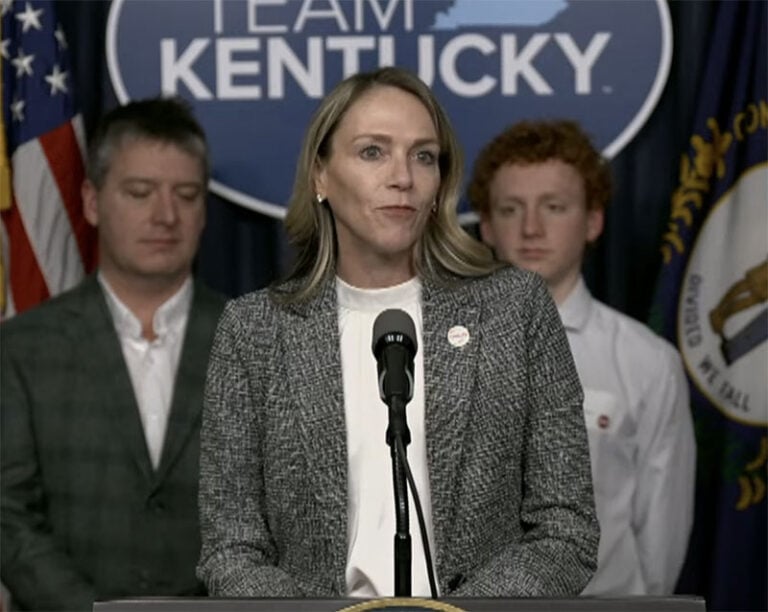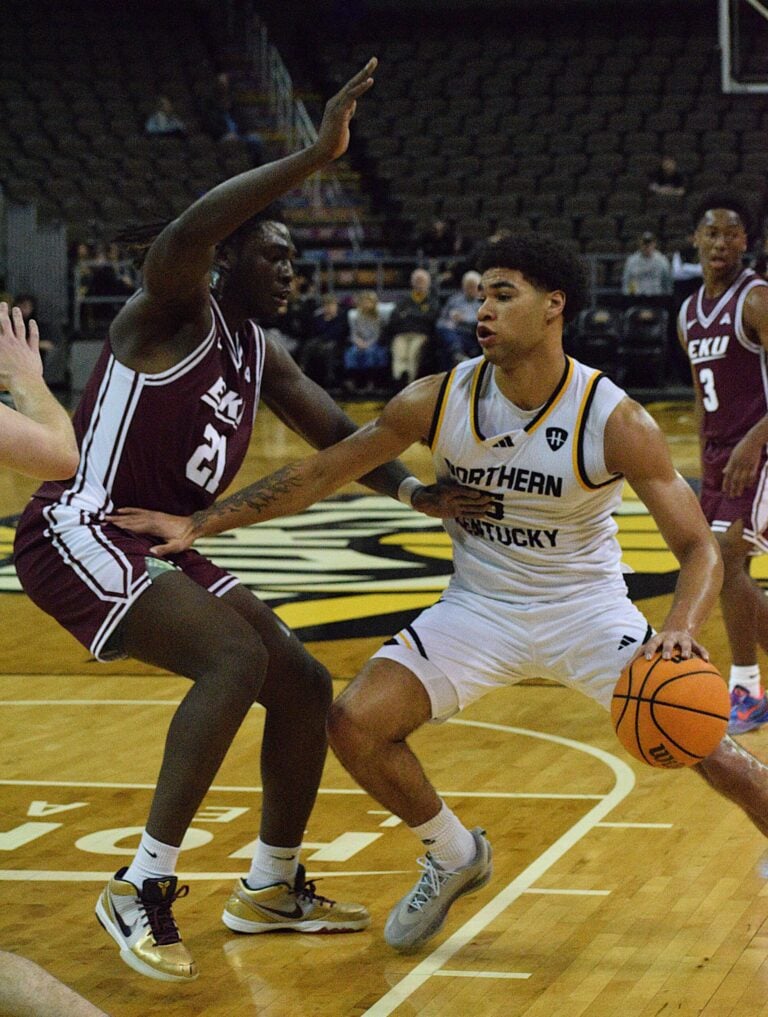Booking an Airbnb in a city you’ve never visited is a modern travel convenience that offers flexibility, affordability, and a chance to live like a local. But when you’re stepping into unfamiliar territory, personal safety must be your top priority if you either remain in the United States or traveling aboard.
Long gone are the days back when our parents would put away the almanac, pull off the interstate or arrive at the destination looking for a flashing vacancy light in the middle of the night as a potential walk-in guest. There’s no more pulling out those paper travel guides from a rest stop or filling station and blindly calling long distance or an 800 number to blindly check for vacancy and pricing on the closest hotel near your destination.

When there were no online booking platforms, no instant confirmations, and no user reviews, travelers had to rely on their gut, word of mouth, printed materials, or the advice of travel agents for their safety.
When booking an Airbnb, your personal safety should be you first concern from choosing the right neighborhood to vetting your host, every decision you make should be guided by the question: “Will this keep me safe?”
Research from Northeastern University found that neighborhoods with a growing number of Airbnb properties — especially entire-home rentals — saw an 8% increase in violent crimes like fights, robberies, and knife-related incidents over time.
The study found that increased Airbnb listings disrupt neighborhood social networks, reducing informal crime prevention. The proportion of buildings with listings — not tourist volume — drives this effect, leading to more violent incidents over time. Airbnb disputes the study’s methodology.
In extreme cases, Airbnb properties have been used to hide criminal operations. For example, a violent gang in Atlanta used Airbnb rentals to run a human trafficking ring, taking advantage of the lack of oversight compared to hotels.
Now that I have scared you half to death, here is a suggested approach & process with a safety-first mindset, ensuring your trip is memorable for all the right reasons.
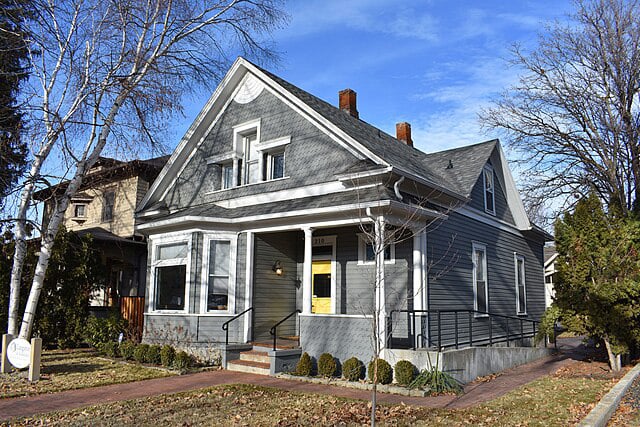
Start by identifying your travel needs and challenges. Are you solo or with others? Are you comfortable with public transit or prefer walking distance? Consider arrival time and mobility concerns. These factors guide your choice of accommodation and neighborhood. Airbnb’s filters help narrow options, but it’s up to you to apply a safety-first mindset to every decision.
Once you begin browsing listings, prioritize those with a strong track record. Properties with high ratings and numerous reviews are more likely to be accurately represented and well-maintained. But don’t just look at the stars, read the reviews carefully. Guests often comment on how safe they felt in the area, whether the host was responsive in emergencies, and if the property matched the description.
Pay attention to mentions of secure locks, well-lit streets, and proximity to police stations or hospitals. These details can offer peace of mind, especially if you’re traveling solo or arriving after dark.
The host’s profile is another critical layer of safety. Airbnb verifies hosts through ID checks, but you should still do your own vetting. Look for hosts with complete profiles, clear photos, and a history of positive interactions. Superhosts, in particular, have a proven record of reliability and hospitality. Before booking, message the host with any questions you have about the property or neighborhood.
 Keven Moore works in risk management services. He has a bachelor’s degree from the University of Kentucky, a master’s from Eastern Kentucky University and 25-plus years of experience in the safety and insurance profession. He is also an expert witness. He lives in Lexington with his family and works out of both Lexington and Northern Kentucky. Keven can be reached at kmoore@higusa.com
Keven Moore works in risk management services. He has a bachelor’s degree from the University of Kentucky, a master’s from Eastern Kentucky University and 25-plus years of experience in the safety and insurance profession. He is also an expert witness. He lives in Lexington with his family and works out of both Lexington and Northern Kentucky. Keven can be reached at kmoore@higusa.comA trustworthy host will respond promptly and transparently. If they’re vague, dismissive, or try to move the conversation off-platform, that’s a red flag. Always keep communication and payments within Airbnb’s secure system to protect yourself from fraud or exploitation.
Neighborhood safety matters just as much or more as the property itself. Use Airbnb’s map to locate listings, then dig deeper—check travel blogs, news, forums, and crime stats. Read traveler reviews and use Google Street View to assess lighting, foot traffic, and upkeep. If the area looks deserted, dimly lit, or rundown, reconsider. A stunning apartment isn’t worth the risk if it’s in an unsafe or isolated neighborhood. Prioritize your well-being over aesthetics.
Photos and descriptions can also reveal safety-related clues. Listings should include clear, high-resolution images of every room, including entrances and exits. Look for signs of safety features like smoke detectors, fire extinguishers, and secure locks. If these aren’t visible or mentioned, ask the host directly.
The description should be detailed and honest — if it feels overly vague or too good to be true, proceed with caution. Some hosts may use professional photography to make a space look larger or cleaner than it is, so cross-reference the photos with guest reviews to confirm accuracy.
For longer stays, consider listings that are fully furnished and include utilities. These properties often come with essentials like Wi-Fi, kitchenware, and linens, reducing the need to venture out for supplies. Many also offer discounts for extended bookings, which can be a safer and more stable option than hopping between short-term rentals. If you’re working remotely or staying for several weeks, having a secure, well-equipped base is vital.
As you evaluate listings, stay alert for red flags. Sparse or generic reviews, unverified hosts, and requests for off-platform payments are all warning signs. Photos that look overly staged or inconsistent with the description should also raise suspicion. Trust your instincts — if something feels off, it probably is. There are plenty of other options, so remember it’s better to be cautious than to risk your safety.

After booking, confirm the address, check-in time, and host contact info. Ask about emergency procedures and download the Airbnb app for easy access. Upon arrival, test locks, locate exits, and verify the listing’s accuracy. If anything feels unsafe or misrepresented, contact Airbnb support right away. Your safety comes first.
Stay informed about travel alerts, embassy advisories, local rental rules, seasonal weather, and health precautions. Researching these before your tripv — especially abroad — helps you avoid surprises and ensures a safer, smoother experience.
During your stay, lock doors and windows, avoid posting your exact location online, and keep emergency contacts nearby. If you feel unsafe, contact your host or Airbnb support immediately. Your safety matters more than politeness — Airbnb has protocols to help guests in distress, so never stay in a situation that feels wrong.
Ultimately, booking an Airbnb in an unfamiliar city can be safe and rewarding — if you approach it wisely. Prioritize safety, do your homework, and learn from others’ experiences. Ask questions, stay alert, and make choices that protect your well-being. Above all, let safety guide every decision you make.
Be Safe My Friends.











